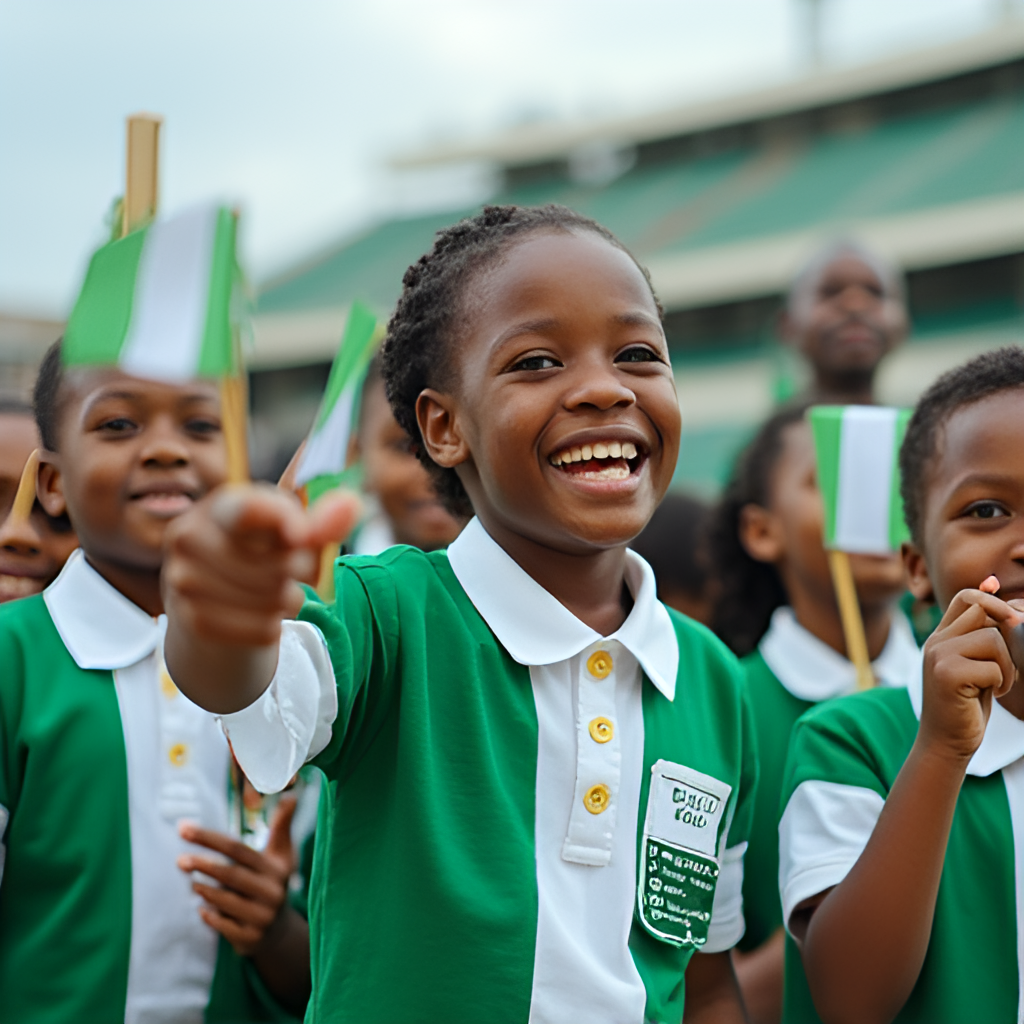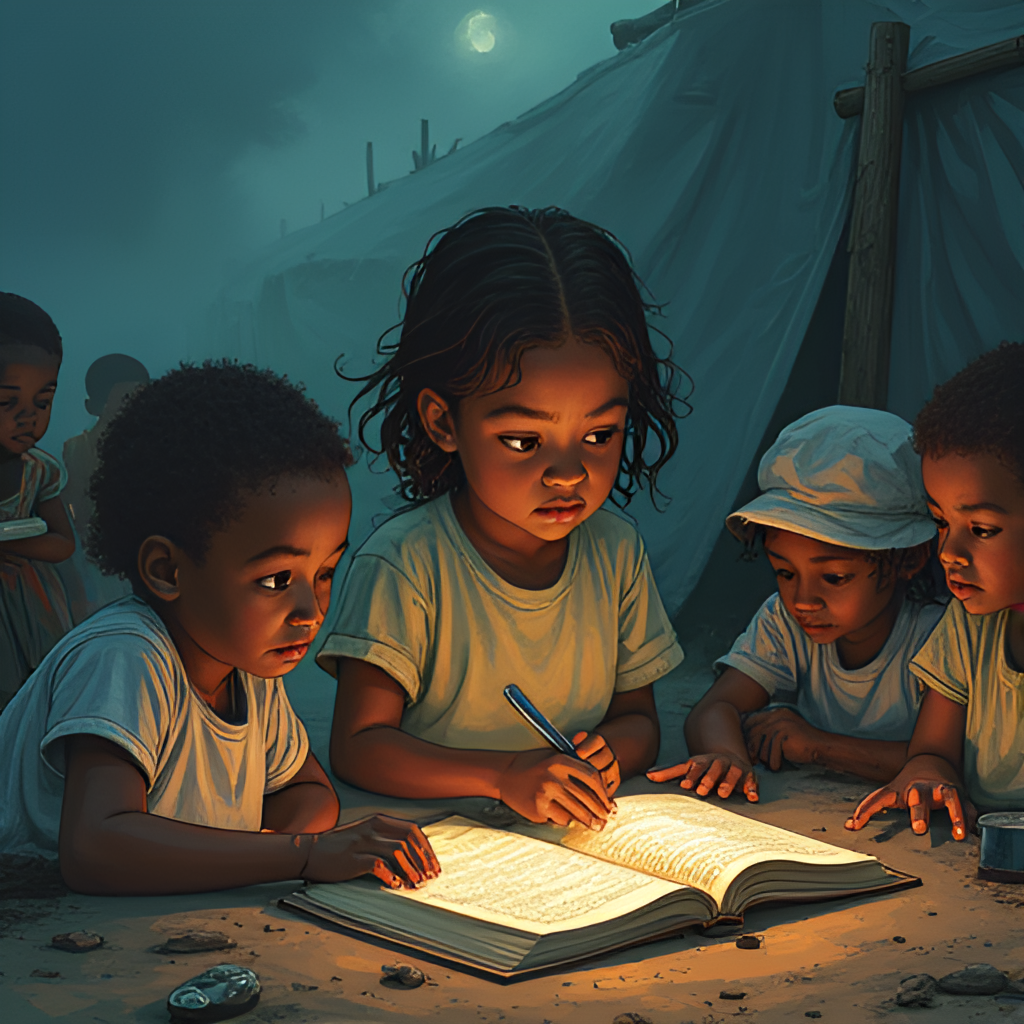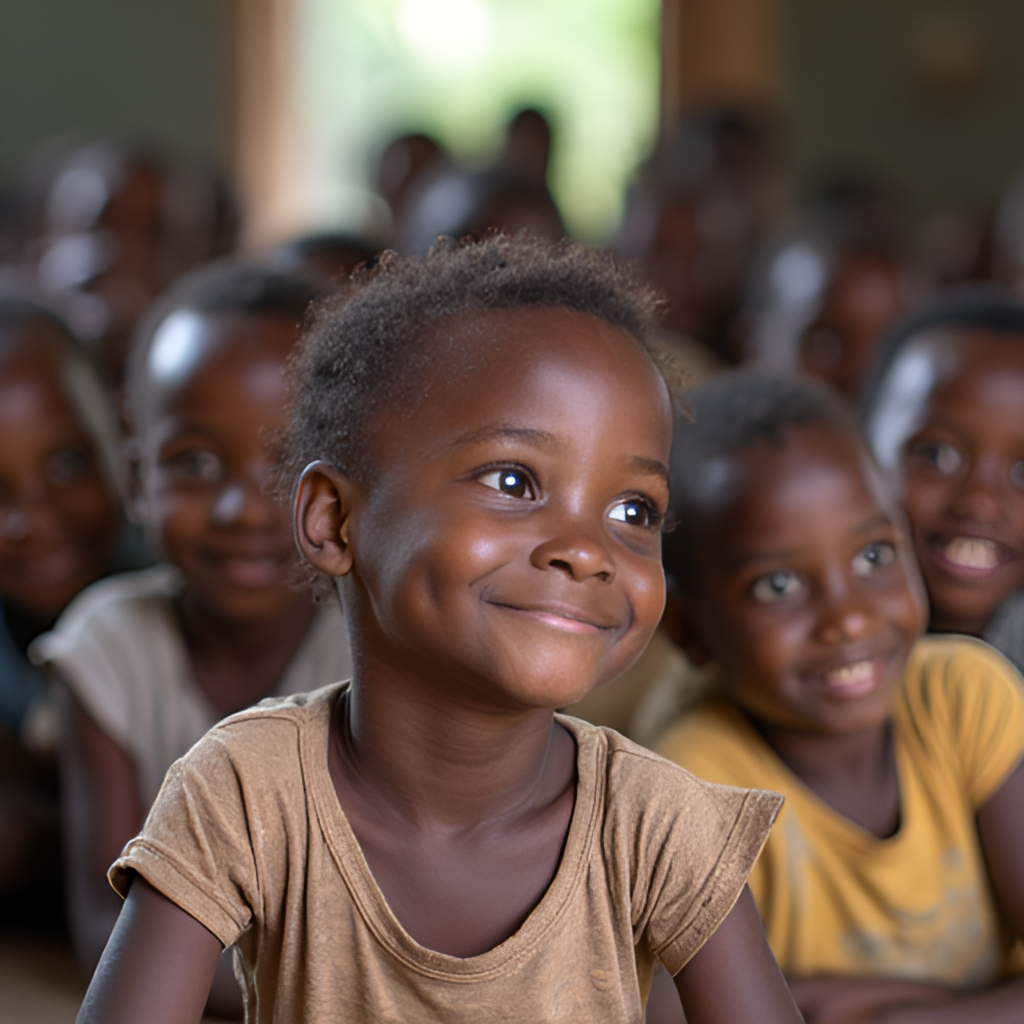Children’s Day in Nigeria: Celebrating Our Future, Addressing Their Needs
- Introduction: Why We Celebrate Nigerian Children’s Day
- The History and Significance of Children’s Day in Nigeria
- How Nigeria Celebrates Children’s Day: Traditions and Activities
- Children’s Rights and Persistent Challenges in Nigeria
- Making a Difference: Supporting Nigerian Children Year-Round
- Conclusion: The Enduring Importance of Children’s Day in Nigeria
Children’s Day in Nigeria is more than just a date on the calendar; it’s a vibrant celebration and a crucial moment for reflection on the well-being and future of the nation’s youth. Having grown up in Nigeria, I remember the palpable excitement leading up to May 27th each year. It felt like a day just for us kids, filled with parades, special events, and maybe even a rare treat. This annual commemoration, celebrated on May 27th, is dedicated to honoring and cherishing the young minds that shape the future of our nation.
It’s a time when schools organise special activities, and communities come alive with events focused on kids. But beyond the fun, Nigerian Children’s Day serves as a powerful reminder to adults of their responsibility to nurture, protect, and provide for the next generation. It’s an opportunity to not only celebrate the joy and potential of children but also to shine a spotlight on the challenges they face and advocate for their rights. Let’s delve deeper into what makes this day so special and significant in Nigeria.
The History and Significance of Children’s Day in Nigeria
The concept of a day dedicated to children isn’t unique to Nigeria, but its observance on May 27th holds particular historical roots here. Initially, May 27th was marked as “Empire Day” during the colonial era. After Nigeria gained independence, this date was repurposed and established as Children’s Day in 1964. This was a deliberate move to shift the focus from imperial connections to celebrating Nigeria’s own youth, who are, after all, the future of the nation.
The significance of Nigerian Children’s Day goes beyond mere festivity. It’s a day to raise national awareness about the rights and welfare of children. It serves as an annual platform to highlight issues affecting children, from access to education and healthcare to protection against exploitation and abuse. For many, it’s a time for adults to reflect on their own childhood experiences and the importance of providing a better one for the children of today.
While the United Nations officially recognizes November 20th as Universal Children’s Day, commemorating the Declaration of the Rights of the Child, many countries, including Nigeria, observe their own national Children’s Day on different dates. Nigeria’s choice of May 27th is deeply embedded in its history and serves as a reminder of the nation’s commitment to its children.
How Nigeria Celebrates Children’s Day: Traditions and Activities
Children’s Day in Nigeria is typically marked by a variety of activities, with schools often at the forefront of the celebrations. One of the most iconic traditions is the march-past, where schoolchildren, often dressed in their uniforms or special attire, parade in stadiums or designated public spaces. This is a colourful display of discipline and unity, and schools sometimes compete for the best performance.
Beyond the parades, the day is filled with funfairs, parties, and various social activities organised by schools, communities, and even government bodies and NGOs. Children get to participate in games, cultural displays, talent shows, and educational programmes designed to be both enjoyable and informative. I remember the excitement of dressing up and joining the march-past in primary school – it felt like such a grand occasion!
Some media houses also get involved, giving children the chance to anchor or participate in special broadcasts, offering them unique and memorable experiences. In some instances, children are even given symbolic roles, like acting as “governor for a day,” providing them with a glimpse into leadership and inspiring aspirations for the future. These diverse celebrations for Nigerian children underscore the value placed on youth across different segments of society.

This image is a fictional image generated by GlobalTrendHub.
Children’s Rights and Persistent Challenges in Nigeria
While Children’s Day is a time for celebration, it’s also a stark reminder of the significant challenges that many Nigerian children face. Despite Nigeria being a signatory to the United Nations Convention on the Rights of the Child (UNCRC) and having its own Child Rights Act of 2003, the full realization of these rights remains an ongoing struggle for many.
The Child Rights Act aims to protect children under 18 and guarantee their fundamental rights, including the right to survival, education, health, protection from abuse and exploitation, and a name. However, implementing this act uniformly across all states has been a challenge, with some states yet to domesticate the law.
Nigerian children continue to grapple with issues such as poverty, malnutrition, and limited access to quality education and healthcare. Nigeria, unfortunately, has one of the highest numbers of out-of-school children globally, with millions deprived of basic education due to poverty, cultural practices, and insecurity. Child labour and abuse, including child trafficking and domestic servitude, are also pervasive issues driven by economic hardship.
Furthermore, conflict and insurgency in certain regions have led to displacement, trauma, and lack of access to essential services for millions of children. Child marriage, though prohibited by the Child Rights Act, still occurs in some areas, violating the rights of young girls. These challenges highlight the critical need for continued advocacy and action beyond the annual celebration of May 27th Nigeria.

This image is a fictional image generated by GlobalTrendHub.
Making a Difference: Supporting Nigerian Children Year-Round
Addressing the multifaceted challenges faced by children in Nigeria requires sustained effort and collaboration from all stakeholders – government, civil society, communities, and individuals. Several organisations are working tirelessly on the ground to improve the lives of Nigerian children.
Organisations like UNICEF work with the Nigerian government to improve child health, education, and protection. Local NGOs such as Slum2School Africa and Save the Children Nigeria provide educational support, healthcare, and humanitarian assistance to vulnerable children. SOS Children’s Villages Nigeria focuses on providing loving homes and support for children without parental care.
We can all play a part, not just on Children’s Day but every day. Supporting reputable charities focused on child welfare in Nigeria, advocating for the full implementation of the Child Rights Act in all states, and raising awareness about the issues are crucial steps. Educating ourselves and others about the challenges, like those highlighted by organisations such as the National Human Rights Commission, is vital.
Even small acts can make a difference – sponsoring a child’s education, volunteering time, or simply being more aware of child protection issues in our communities. It’s about creating a society where every child feels safe, valued, and has the opportunity to reach their full potential. For more information on child rights in Nigeria, you can visit the National Human Rights Commission website https://www.nhrc.gov.ng/ or learn about the work of Save the Children https://nigeria.savethechildren.net/.

This image is a fictional image generated by GlobalTrendHub.
Conclusion: The Enduring Importance of Children’s Day in Nigeria
Children’s Day in Nigeria, celebrated annually on May 27th, serves as both a joyous occasion to celebrate our young ones and a critical annual touchstone for reflecting on their rights and welfare. It’s a day that reminds us that children are not just the future; they are also the present, with immediate needs and inherent rights that must be protected.
My personal experience growing up with the excitement of this day ingrained in me the importance of childhood and the hope it represents. While the parades and parties are memorable, the deeper significance lies in the national conversation it sparks about the state of the Nigerian child and the efforts required to ensure every child has a safe, healthy, and educated upbringing.
The challenges are significant, but so too is the resilience and potential of Nigerian children. By continuing to advocate for their rights, support relevant initiatives, and invest in their well-being, we can help build a brighter future for individuals and for the nation as a whole. Children’s Day in Nigeria is a powerful symbol of this ongoing commitment.